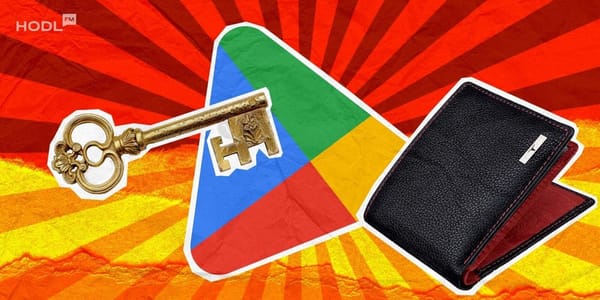The Australian Securities and Investments Commission (ASIC) has introduced new regulatory relief allowing Australian intermediaries to distribute stablecoins issued by licensed providers without obtaining separate financial services licences.
The relief, announced Thursday, removes the need for intermediaries to hold an additional Australian Financial Services (AFS) licence, market licence, or clearing and settlement facility licence when offering distribution services for stablecoins issued by existing AFS licensees.
First-of-its-kind exemption
ASIC said the measures are designed to “facilitate growth and innovation in the digital assets and payments sectors” while preserving core consumer protections. Under the terms of the exemption, intermediaries must still provide clients with the issuer’s product disclosure statement (PDS), where available.
The relief will take effect once it is registered on the Federal Register of Legislation, according to the regulator. ASIC indicated that as more licensed stablecoin issuers enter the market, the framework could be extended to cover additional operators.
Industry reaction
Steve Vallas, CEO of Blockchain APAC, described ASIC’s approach as “pragmatic.”
“This decision fits within financial services law as a transitional measure ahead of broader stablecoin reforms,” Vallas said. “It doesn’t redefine whether stablecoins are financial products, but it suspends secondary licensing layers where an AFS licence already applies.”
Vallas added that the relief supports industry development while Treasury finalises its proposed national stablecoin regime.
“The market is moving and ASIC is being pragmatic. This decision helps bridge friction while government frameworks are put in place.”
Regulatory backdrop
The decision follows Consultation Paper 381 (CP 381) published by ASIC in December 2024, which proposed updates to regulatory guidance INFO 225 on digital assets. CP 381 suggested that many stablecoins should be treated as financial products and required licensing under existing law.
ASIC said it will publish updated guidance, including thematics and responses to public submissions, in the coming weeks. The relief also aligns with broader Australian Treasury reforms on digital assets and frameworks for payment stablecoins, consulted on in 2023.
Recent initiatives include Project Acacia in July 2025, which provided relief for real-world testing of tokenised asset transactions and digital money.
Risks and market implications
While the move has been welcomed by industry groups, market participants caution that the exemption does not address all regulatory concerns.
- Issuer responsibility remains: Stablecoin issuers with AFS licences still carry disclosure and prudential obligations, meaning compliance risks rest with issuers, not intermediaries.
- Market adoption uncertain: “The key question is whether the market actually wants or needs an Australian dollar stablecoin,” Vallas said, noting that demand will likely be “demand-led” and shaped by participation from global players.
- Future regulatory changes: Treasury’s forthcoming stablecoin framework could impose stricter requirements or alter conditions for both issuers and intermediaries.
Bottom line
ASIC’s first-of-its-kind class relief offers clarity for intermediaries distributing stablecoins in Australia, reducing duplicate licensing requirements while ensuring issuer accountability.
The move is seen as an interim measure that could support market development and attract global players, but long-term implications will hinge on Treasury’s broader payment stablecoin reforms and the pace of domestic adoption.

Disclaimer: All materials on this site are for informational purposes only. None of the material should be interpreted as investment advice. Please note that despite the nature of much of the material created and hosted on this website, HODL FM is not a financial reference resource, and the opinions of authors and other contributors are their own and should not be taken as financial advice. If you require advice. HODL FM strongly recommends contacting a qualified industry professional.





